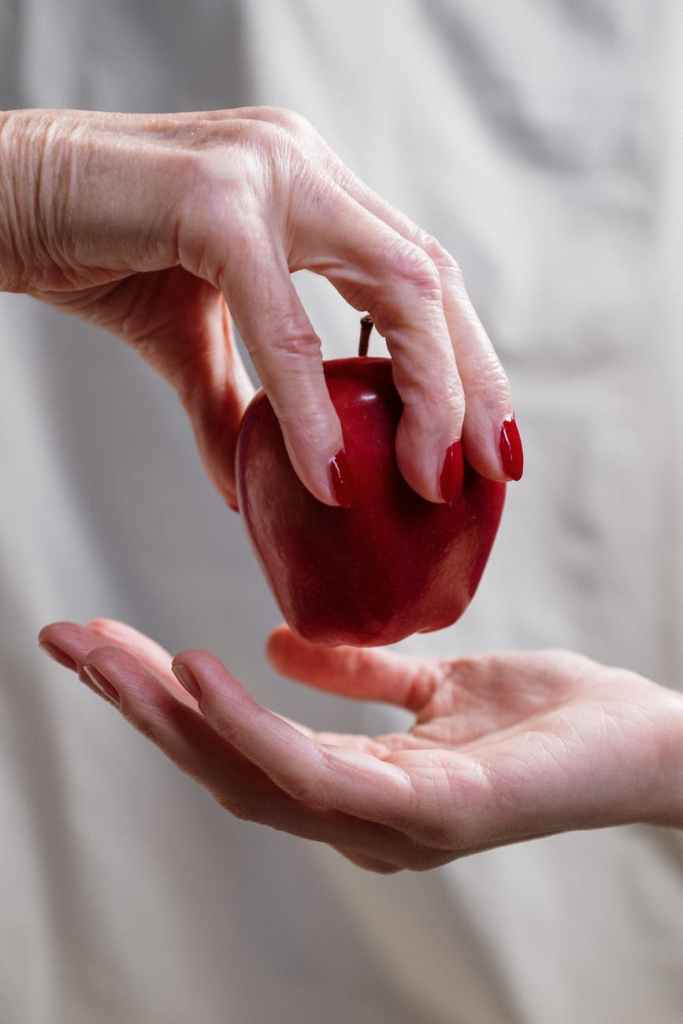2 Peter 1:3-8 New International Version (NIV)
3 His divine power has given us everything we need for a godly life through our knowledge of him who called us by his own glory and goodness. 4 Through these he has given us his very great and precious promises, so that through them you may participate in the divine nature, having escaped the corruption in the world caused by evil desires. 5 For this very reason, make every effort to add to your faith goodness; and to goodness, knowledge; 6 and to knowledge, self-control; and to self-control, perseverance; and to perseverance, godliness; 7 and to godliness, mutual affection; and to mutual affection, love. 8 For if you possess these qualities in increasing measure, they will keep you from being ineffective and unproductive in your knowledge of our Lord Jesus Christ.

If you ask most people what they need, you will not hear the items listed in this passage of scripture. Most people view needs in very personal and concrete terms– food, water, shelter, safety, air…we need these to exist during our life on earth. God cares about our physical and most basic needs. But most people have other “needs” that they try to meet with what the Apostle Peter refers to here as “evil desires”. We “need” to feel loved– but we end up in unhealthy relationships, or fleeting relationships that don’t meet our need. We “need” to feel secure and worthwhile– but we end up feeling fearful and ashamed. We “need” to achieve; to find fulfillment and worth in our actions, words, relationships, and legacy–but, too often, our efforts lead us to compromise the very dreams and ambitions we started with, leading us to mediocrity or even disaster.

Jesus, through His divine power, has given us everything we need–everything! His death and resurrection provided the way for us to find true forgiveness and new life. We won’t find it in any of the things we think we “need”– a new job, or a new relationship; a new car or a new cause.

Over the years, I have returned to this passage many times. There is a lot to unpack in just a few verses. One of the things that always “gets” me about this passage is that I want to just leap from Faith to Love without the steps in-between. The world needs love– I need love– and I want to spread love, reflect love, and be known for loving others. God is Love, and showed His love through Christ– I believe in God and trust Christ. Voila!– He has given me everything I need, so I should be loving. But Peter writes what he knows very well. Following Jesus, learning from Him, growing to be more like Him–it begins with Faith, but it grows through discipleship. I “loved” people before I had Faith in Christ. I may “feel” love for others, but if my thoughts and actions are not being transformed by His Spirit; or if I continue to act out of habit or selfish impulse, my “love” will be corrupted and compromised by the world. It will be “my” love and not God’s love working through me. For that to happen, I need to add goodness, knowledge, self-control, perseverance and all the rest.
And adding these virtues requires that I humble myself to admit that I am not “good”, that I don’t already “know” everything…that I “need” to depend on God for any goodness, wisdom, discipline, strength to persevere, etc.

God is Good– He has already made provision for me to have everything I really need. He will guide me every step of the way; giving me all that I need when and how I need it most. I don’t “need” to worry or run myself ragged trying to earn God’s approval or favor. But I do “need” to trust that God will continue to work in me and through me for His Glory. And I need to come daily before His throne to listen and learn from Him, and reach out daily to go through the steps of turning Faith into Love in action.












































